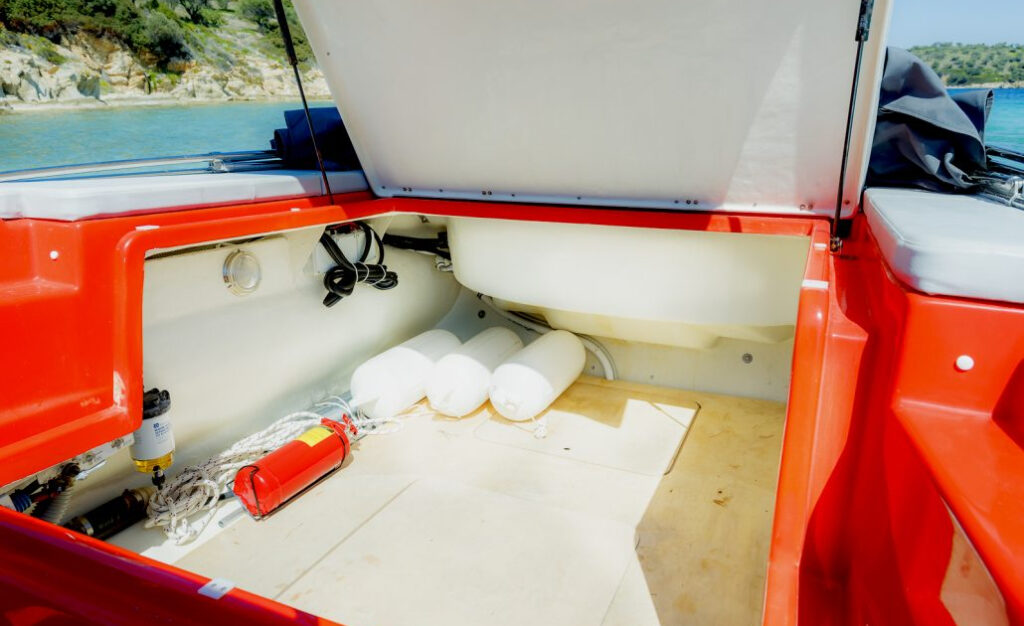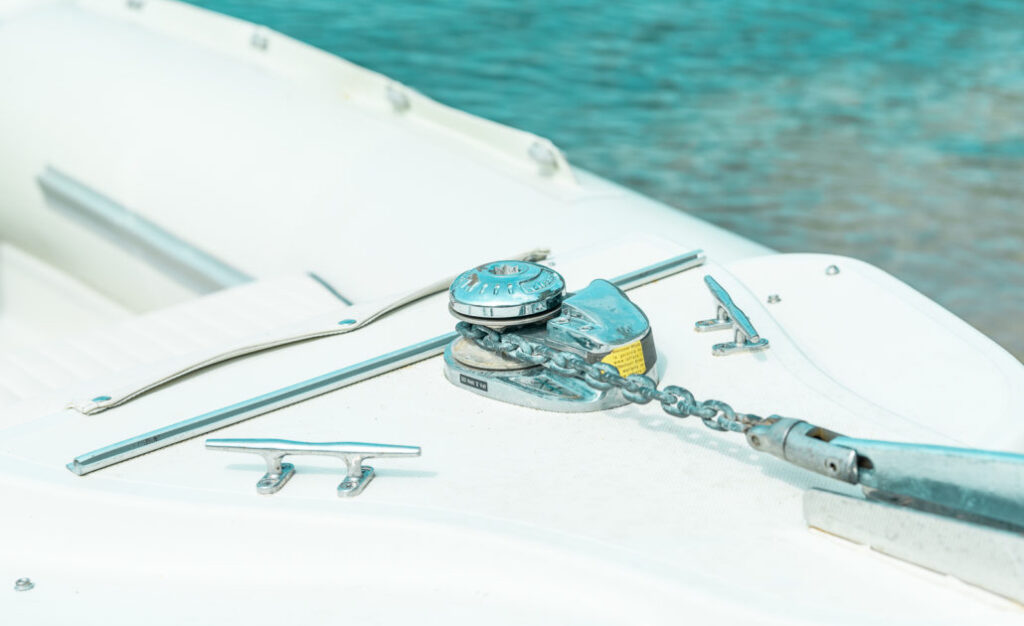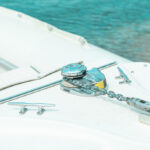Boat ownership is similar to vehicle ownership. The two may deliver the same type of delight in many ways. But for them to function effectively, they both need upkeep. The longer you put off essential boat maintenance, the more problems you’re likely to encounter.
Many new boat owners feel daunted by the idea of having to do boat maintenance. Although there may seem to be a lot to remember at first, it can be divided into schedules that are much easier to follow, much as you would with your land vehicle.
You may adhere to some simple boat maintenance advice whenever you head out. These will maintain the efficiency and security of your boat. Additionally, there are seasonal maintenance jobs for crafts that you should do and the following article will help you with it.

1. KEEP IT CLEAN
Beyond preserving its appearance, it’s important to maintain your boat clean for several reasons. One benefit of maintaining a clean boat is that it helps stop the spread of invasive organisms. Every time you take your boat from one body of water to safeguard the next body of water you launch it into, you should clean it since you never know what plant or animal may have caught a ride on it.
Second, keeping your boat clean preserves the finish, which safeguards the structure of the boat. The sea salt will start to erode over time, leaving abrasions and scratches that can be expensive to repair.
You should also consider waxing the boat. By assisting in protecting your hull against UV and other damage, waxing will help you lower the cost of boat maintenance. The wax shields your vessel from the damaging UV rays that fade paint, weaken sensitive materials, and ruin its overall appearance.
2. LOOK AFTER THE BOAT ENGINE
You don’t need to be a mechanic to be able to take care of the motor in your boat. Adopting preventative actions may prolong your engine’s life and maintain your boat’s value. Ensure that the fuel tank vent is open and that you have enough fuel, ensure that the engine mounts screw clamps are firmly fastened, make sure the water inlet is dirt-free, and check your propeller for excessive oil accumulation and tangled fishing lines.
You should always flush the motor after a trip, whether you’re in freshwater or saltwater, to get rid of sand, dirt, and other debris.
3. BATTERY MAINTENANCE
Every time you go out on the water, check the battery. All boat batteries must be kept safe inside a frame or battery box that is firmly fixed to the vessel. Battery abuse that causes it to bounce around as you pound through the chop may reduce its lifespan.
To ensure that the battery is fully charged and prepared for your next adventure, think about utilizing a battery maintenance charger. A battery will live longer if it is maintained and charged completely.
4. OIL
Keep the oil and oil filter changes on time. Engine components may suffer harm if the oil is not changed. Run the engine for about seven minutes, then switch it off to replace the oil. After that, place a container beneath the drain stopper. After releasing the screw above, remove the drain stopper. Allow the oil to drain for approximately 30 minutes. Replace the oil filter as the oil drains. Replace the drain cap and tighten the screw when the oil has finished draining. Put the right kind of oil in the engine.

5. CHECK THE PROPELLER
Performance and fuel efficiency depend heavily on the propeller. Always inspect the propeller before you launch if you have an outboard or stern drive motor. Make sure the propeller nut is snug and use a deep socket wrench to do so if necessary. Look out for any damage that can result in you using more gasoline, such as minor dents. Remove the propeller a few times a year to lubricate the shaft and check that nothing has gotten tangled up in it.
6. CHECK THE BILGE PUMP
The bilge pump is the component that empties the bilge, which is the area at the bottom of the boat where extra water gathers. Your boat can float away if the bilge pump malfunctions. Check the pump hoses for anything that might clog them to keep your boat afloat. Also, consider a backup bilge pump.
7. CHECK THE ELECTRICAL SYSTEM
To maintain your boat’s electrical system functioning properly, the electrical cables must be in excellent shape. Deteriorating wires may pose a fire risk. Maintaining clean electrical lines and using a digital multimeter to check that everything is functioning properly will save electrical lines from deteriorating.

8. TRAILER MAINTENANCE
If you tow your boat, ensure sure the trailer is in excellent shape. This includes inspecting the tires and spare and checking that the axle is lubricated and in excellent shape. Verify the hitch, connections, cables, and, if fitted, the brakes.








